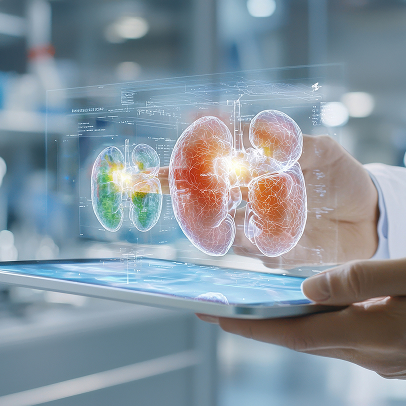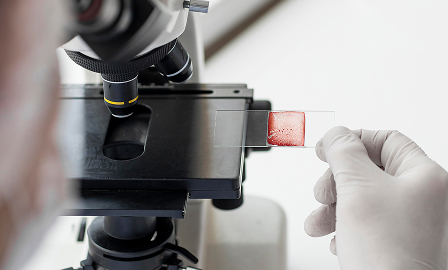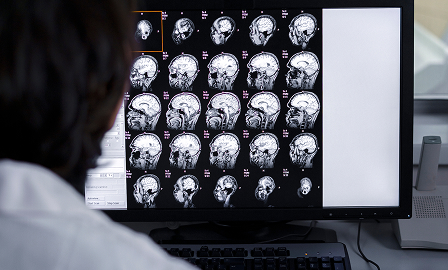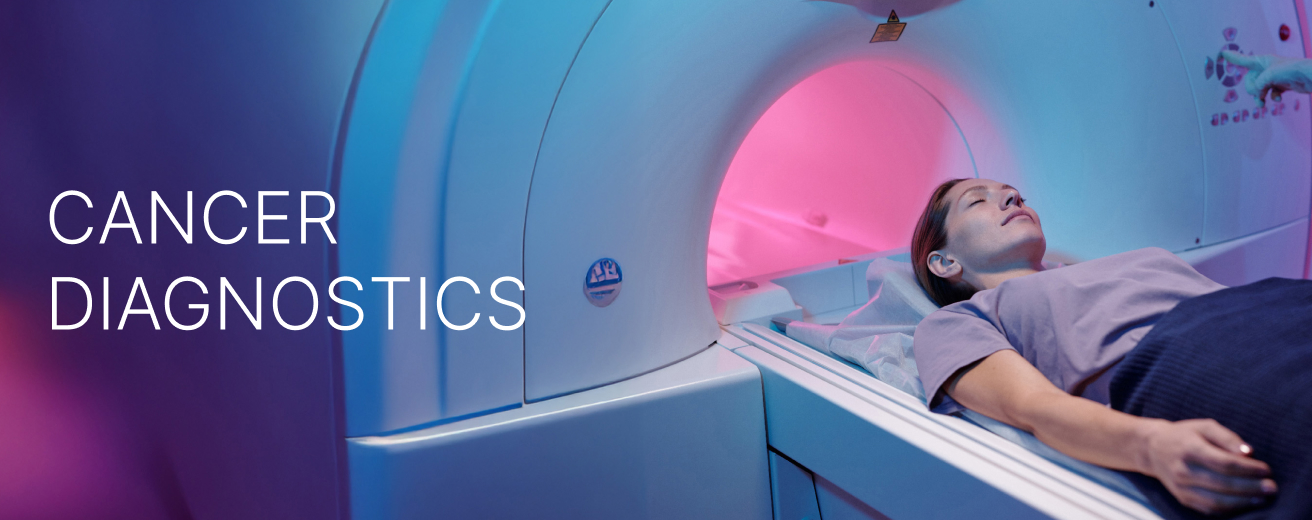OVERVIEW
Cancer diagnostics are essential for detecting malignancies early, guiding treatment decisions, and monitoring disease progression. Techniques like imaging, biopsy analysis, and molecular testing help identify specific cancer types and genetic mutations, enabling more personalized and effective care.
With continued innovation, cancer diagnostics are moving toward less invasive methods and greater sensitivity. Liquid biopsies, advanced genomics, and AI-driven imaging are transforming how quickly and accurately cancer can be diagnosed, offering new hope for earlier interventions and better long-term patient outcomes.

PROCESS

Diagnostic Interpretation
Comprehensive evaluation integrates histological, imaging, and clinical data to determine cancer subtype, staging, and guide individualized treatment planning.

Detection of Abnormal Growth
The presence of atypical masses, abnormal imaging findings, or concerning symptoms prompts diagnostic workup to evaluate potential malignancy.

Cellular and Molecular Analysis
Tissue biopsies undergo histopathologic examination, immunohistochemistry (IHC), or molecular sequencing to characterize tumor type and identify relevant genetic alterations.

